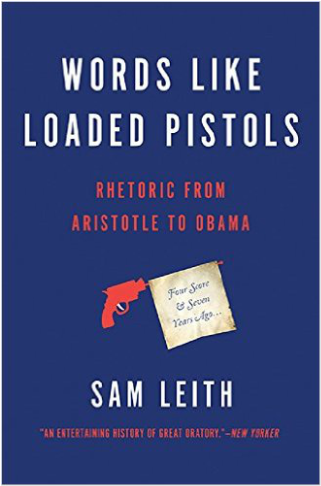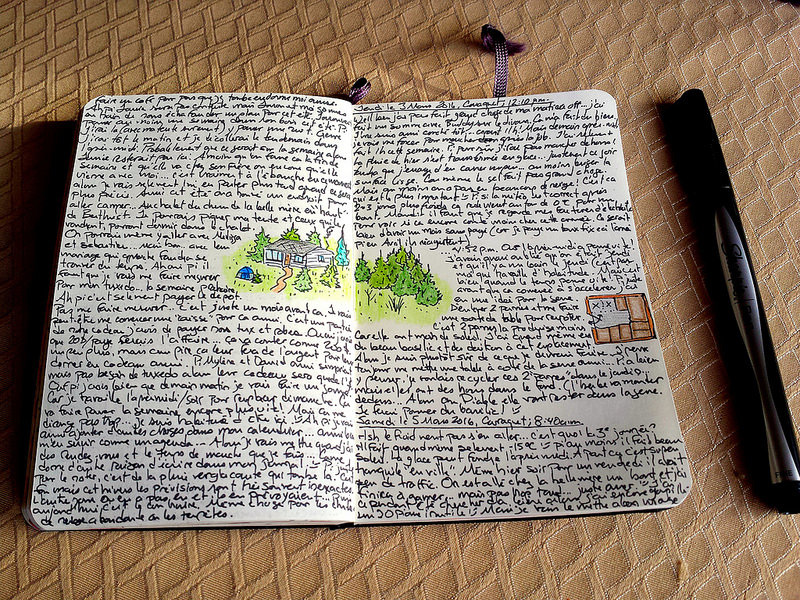SUMMER READINGS & ACTIVITIESI selected the readings and activities that we will dig into together this summer so that we can:
|
We all need and want the summer to be restorative, energizing, so I hope that you all will come to our summer work with enthusiasm, taking advantage of the fact that we have the luxury of time and space to interact with and reflect on the ideas in our summer work differently than we are able to during the rush of the school year.
While I am not assigning summer due dates, I am including a suggested calendar so that you can be sure you're on task. I cannot stress how counterproductive it would be to postpone summer work until right before the new school year. Putting off this summer work will rob you of the time to grapple with, reflect on, and question the difficult concepts around which our course is structured. So instead of trying to play catch-up in August, I strongly encourage you to banish apathy, jump in with both feet, and dig into the summer work with patience, enthusiasm, and, above all, curiosity. |
READING:
|
READING:
|
WRITING:
|
WRITING:
|




